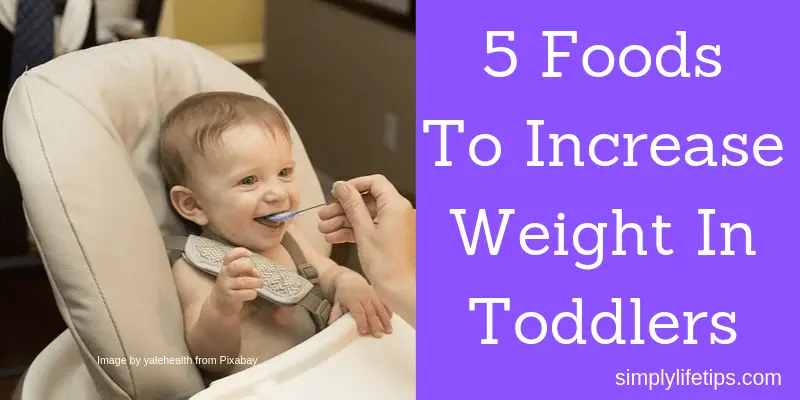How does music affect the brain of a child? Do you think music has any effect on a child’s brain? For many of us, music is a key part of our life helping us to relax, increase our productivity or simply make a smile. But what about children? Does music help in child development? Continue reading to know how music affects the brain of a child.
Does Music Affect The Brain Of A Child?
Do you know even before birth, music can play an important role in your child’s growth? If you expose your child to music, that will ignite all areas of child development and ensure that your baby grows up healthy.
What effect does music have on babies in the womb?
Listening to music during pregnancy will not only have a soothing and uplifting effect on the pregnant woman but also a positive influence on the unborn baby.
What type of music should a pregnant mother listen to?
Classical music, gentle sounds like lullabies, and nice melodies that inspire happiness all are designed to be soothing.
What are the best musical instruments for toddlers?
You can use natural sounds at home like clapping, snapping, stomping and patting on your thighs. The best musical instruments you can buy for your children would include toy drums, shakers or rattles, glockenspiel, xylophones, and maracas.
How does music affect the brain of a child?
Research shows that music has a profound positive impact on the brain of a child and hence on overall development. It has been scientifically proven by a team of USA neuroscientists that music introduction accelerates brain development in young children, particularly in the areas of the brain responsible for processing their sound, language development, speech perception and reading skills.
Music has a positive impact on working memory. Working memory is the short-term memory that is used for decision-making and reasoning. The better a child’s working memory, the better the ability to solve problems in different situations.
Music has proven to improve academic achievement also. Familiarity with music helps the children in areas of their education, particularly in maths and linguistics.
Music lessons for children improve their listening and reading skills helping them to succeed in class.
Music also improves attentiveness in class. A study of 3 to 5-year-old children in head start programs shows that music education early in life can help improve a child’s attention span, helping them to do better in school and succeed in their life.
There are several other benefits but this short post permits us to list only a few of them. It has been shown that music helps to enhance fine skills, boost self-confidence, self-esteem, and a lot more. Music is taught as a subject today, sometimes as a part of the school curriculum itself or as an extracurricular activity. However, the best way to read the benefits of music is to integrate music into everyday life. And this starts from the home, from you, the parents. This also helps to improve the parent-child relationship.
What can we do?
Music Classes
Parents can allow their children to sign up for music elective classes if their child’s school offers them or consider enrolling them on a relaxed music learning section elsewhere.
Sing A Song
While travelling with your family whether it is to our shop or for a movie or to attend this, parents can try singing a song that their children know.
Participate
Many times, children enjoy banging on utensils or other materials to make sounds. Many parents discourage and shout at their children for this. Parents can join the children when they are banging the pots and utensils around. Join in with a spoon and a plate and make basic beats for the children to dance and thus convert an annoying incident into fun and joy.
Sing A Story
All kids like stories from parents and grandparents. Instead of telling the story, parents can pick up a story and sing it out. Pick your child’s favourite character and deliver the dialogue as a song.
Watch Live
Finally, watch live. Whether it is a local community show or an organised music show, ensure that you are present with your child to expose your child to various forms of music and fun. Today many small kids are participating in Television singing reality shows.
Credits: Dr Maithily
Final Thoughts
How does music affect the brain of a child? As you know, music is present in our daily life, in so many aspects. At home, music is part of our everyday experiences. In most homes, music has an important role in daily prayers and other activities. From birth, parents and grandparents use music through lullabies and other types of songs in their way, to calm babies, express their love, joy, and affection and also to engage and interact. Parents can learn more about how music can help child’s development, improve their social skills, and benefits kids of all ages.
Allow Your Child To Grow Self – Why And How?
Do you agree music affects the brain of a child?
Thank you for the visit. Hope you enjoyed your reading.
If you think this post will impact your life as well as others’ lives, don’t forget to share it.
Leave your thoughts and suggestions in the comment box below.

Mathukutty P. V. is the founder of Simply Life Tips. He is a Blogger, Content Writer, Influencer, and YouTuber. He is passionate about learning new skills. He is the Director of PokketCFO.
He lives with the notion of “SIMPLE LIVING, CREATIVE THINKING”. He Believes – “Sharing is caring.” and “Learning never ends.”



